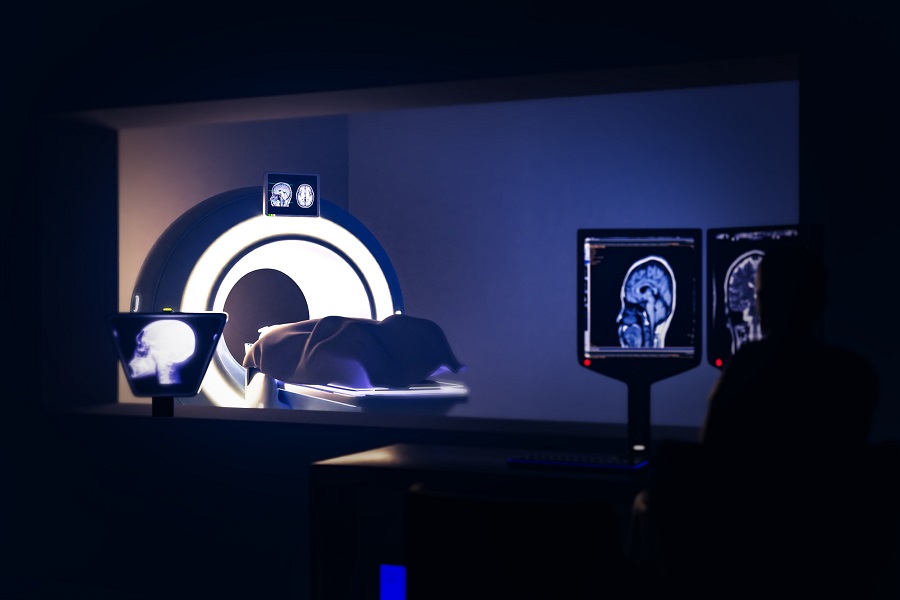AI-Enhanced MRI Improves Diagnosis of Brain Disorders
Posted on 15 Oct 2024
At the crossroads of AI and medical science, there is an increasing interest in leveraging machine learning to improve imaging data obtained through magnetic resonance imaging (MRI) technology. Recent research indicates that ultra-high-field MRI at 7 Tesla (7T) offers significantly greater resolution and may provide clinical benefits over high-field MRI at 3 Tesla (3T) in delineating anatomical structures critical for identifying and monitoring pathological tissue, particularly within the brain. Researchers have now created a machine learning algorithm aimed at enhancing 3T MRIs by synthesizing images that resemble those obtained from 7T MRIs. Their model improves the fidelity of pathological tissue visualization for deeper clinical insights and marks a new advancement in assessing the clinical applications of synthetic 7T MRI models.
A research team at UCSF Health (San Francisco, CA, USA) gathered imaging data from patients diagnosed with mild traumatic brain injury (TBI). They designed and trained three neural network models for image enhancement and 3D image segmentation using the synthetic 7T MRIs generated from standard 3T MRIs. The images produced by the new models provided enhanced visualization of pathological tissue in patients with mild TBI. They chose a specific region with white matter lesions and microbleeds in subcortical areas for comparison. The analysis revealed that pathological tissue was more easily identifiable in the synthesized 7T images, as evidenced by the clearer separation of adjacent lesions and sharper contours of subcortical microbleeds.

Moreover, the synthesized 7T images captured a wider range of features within white matter lesions. These findings also underscore the potential of this technology to enhance diagnostic accuracy in neurodegenerative conditions such as multiple sclerosis. Although synthesization techniques that utilize machine learning frameworks demonstrate impressive performance, their implementation in clinical environments will require thorough validation. The researchers assert that future efforts should involve comprehensive clinical evaluations of the model findings, clinical assessments of model-generated images, and quantification of uncertainties within the model.
“Our paper introduces a machine-learning model to synthesize high-quality MRIs from lower-quality images. We demonstrate how this AI system improves the visualization and identification of brain abnormalities captured by MRIs in Traumatic Brain Injury.” said senior study author Reza Abbasi-Asl, PhD, UCSF Assistant Professor of Neurology. “Our findings highlight the promise of AI and machine learning to improve the quality of medical images captured by less advanced imaging systems.”
Related Links:
UCSF Health













